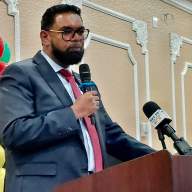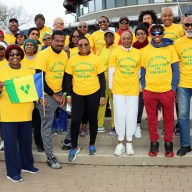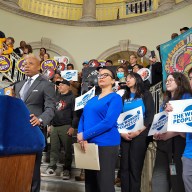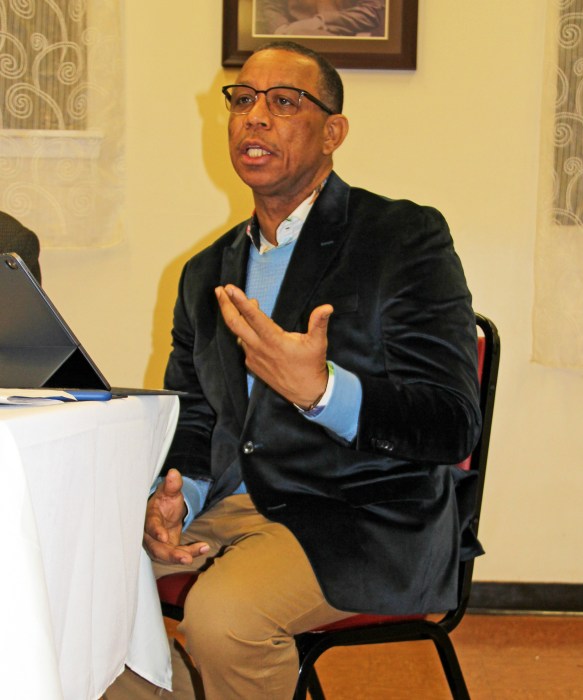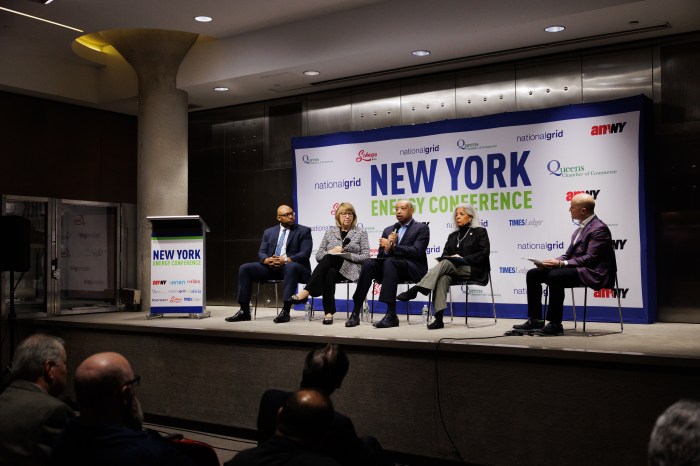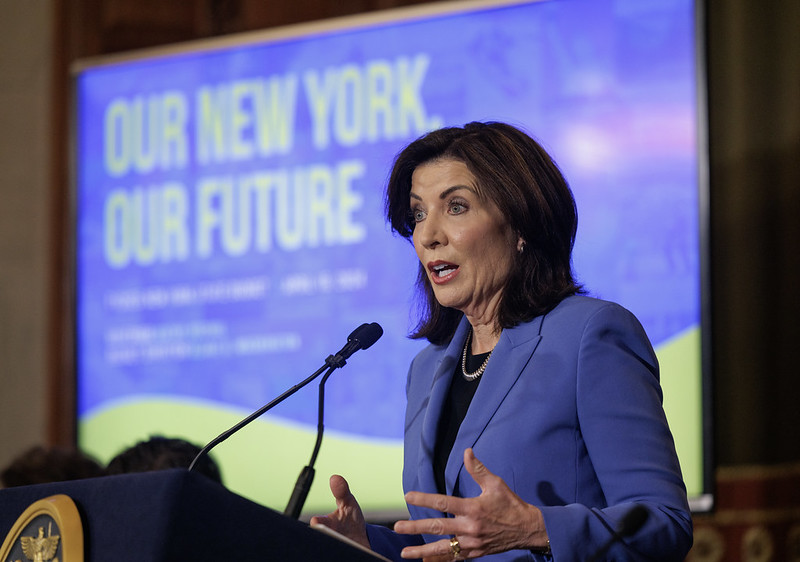The book “Sexual Orientation, Gender Identity and Justice: A Comparative Law Casebook” by the International Commission of Jurists is a fascinating read and a learning experience. Today I read the section on intersex conditions. Unlike the transgendered, who are born into one sex but feel they are, or should be, another sex, people who are intersex are born with an anatomy not typical of males or females. This results from variations in chromosomes, hormones, gonads, or genitalia. For example, someone who is intersex may have one ovary and one testis, or gonads that contain both ovarian and testicular tissue. Chromosomal patterns that are XXY or XO instead of XX or XY are also intersex conditions.
People do not consider those who are intersex with having a medical condition. Instead they are often incorrectly labeled as being “hermaphrodites”. However, most who are intersex don’t view their condition as part of their identity or describe themselves as being so. They just feel they have a medical condition.
Intersex people often face discrimination and stigma. One of the problems facing intersex children is genital normalizing by the medical establishment with parental support. Many medical professionals perform surgery to make these children fit neatly into the standard categories of male and female. Their argument is that gender ambiguity can be traumatic and frustrating for the parents and the child and that the child could have problems adjusting to that ambiguous gender identity.
But identity can start forming early. By the age of five, intersex children usually have an idea of who they are. After the age of five, the urgency to perform surgery diminishes. However, the child’s personal development should supersede the right of parents to make decisions on the child’s gender and sexual identity.
Even though there is lack of consensus in some countries, courts around the world have ruled that intersex children have a right to be so until they reach the age of majority – the age of adulthood when they can then make informed decisions for themselves.
It can be detrimental to have surgery before these children are able to make the decision themselves. One example is David Reimer, who was an infant boy who tragically lost his penis from a circumcision gone wrong. His parents then had his genitals surgically altered to fit the female gender. After which Reimer was raised as a girl. Reimer later rejected his female assignment and lived as a man in adulthood, even to the point of getting married to a woman. He even underwent female-to-male sex reassignment surgery. Sadly, however, he committed suicide in 2004.
Christiane Volling was another tragic case. Volling was raised as a male, but she had a uterus, fallopian tubes, ovaries, but no testis. At the age of eighteen, rather than have surgery done to further adapt her to her biological, organic sex, doctors removed her intra-abdominal female sexual organs without her consent. No male organs were found.
Courts have also ruled that sexual reassignment surgery may only be offered to intersex children with their informed consent. That means the child must understand and accept the invasiveness of the medical procedure and the risks involved. Otherwise the child will have to wait until the age of majority to make this important decision (Reason stands that if intersex children can decide to live as such until they are legal adults, then homosexual or bisexual children should also be allowed to live as a homosexual or bisexual person into adulthood). Any attempts to change a child could otherwise affect its psychological and emotional well-being. The right of a child to explore its sexuality, freely develop its personality, and express its own views is guaranteed by the International Convention on Civil and Political Rights. These rights are important since growing children need to live and experience their sex, their gender, and their sexual orientation so as to be able to deci de what feels best for them.
No one else should be allowed to assign or impose a gender or their preferred orientation “ideals” on intersex children. In addition, if young adults find that a homosexual or bisexual orientation is what comes naturally to them, they should be allowed to live so freely. That right of self-determination must also continue on throughout adulthood. The state cannot just withdraw their right to privacy, dignity and protection because of irrational feelings and perceptions which are often shrouded in a cloak called morality. It is after-all a deeply personal journey that is no one else’s business other than of that particular individual.
Akinyi Margareta Ocholla lives in Kenya and works as the executive director of Minority Women in Action. She is also representative of the Women’s Secretariat for the International Lesbian, Gay, Bisexual, Transgender and Intersex Association.









